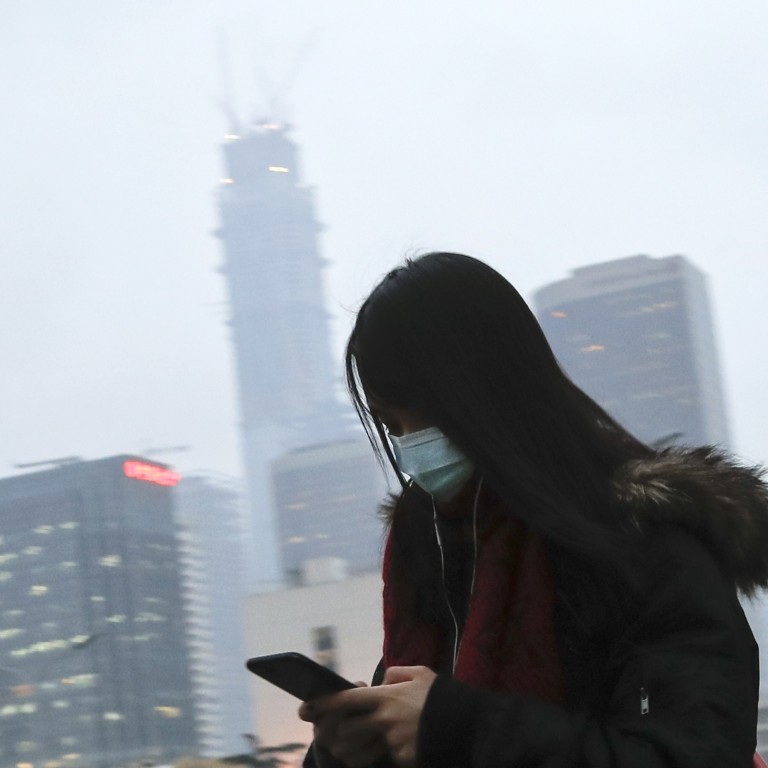
Baidu, Alibaba, Tencent rank low in protecting digital rights, but it’s not all their fault, study finds
- The annual Ranking Digital Rights report showed the three Chinese internet giants in the middle of a pack of 26 Big Tech firms
- The report said ‘China’s system of authoritarian internet control has inescapable consequences’ for domestic companies in the ranking
Despite the low ranking, it was not all BAT’s fault. “China’s system of authoritarian internet control has inescapable consequences for Chinese companies [in the ranking],” said Rebecca MacKinnon, founding director of Ranking Digital Rights, in the report.

03:34
Inside a Chinese internet censorship centre
“China’s information control regime compels digital platforms to censor and surveil speech and activities that pose a challenge to the government’s authority … as long as that regime prevails, users of internet and mobile services in China will remain trapped in an information ecosystem that perpetuates and reinforces state power,” MacKinnon said.
Tencent and Baidu, for example, were ranked 10th and 11th among 12 digital platforms surveyed in 2019. The two companies have always been ranked at or near the bottom since the annual survey’s initial publication in 2015.
China’s online speech crackdown extended as cyber watchdog targets bloggers
The Cyberspace Administration of China published last month a draft of the updated version of its Regulation on Internet Information Service to solicit public feedback. The draft clearly defines for the first time the types of products that fall under information services, including search engines, instant messaging, websites, online payments, e-commerce and software downloads.
MacKinnon, however, indicated that Chinese tech companies must be viewed separately from state authorities. “There is no way to hold companies accountable for their role as tools of the state, because companies are only allowed to operate insofar as they comply with the government’s demands,” she said in the report.
China drafts new regulations to curb excessive data collection by smartphone apps
Still, the Chinese government insists that it has been actively protecting internet user rights according to existing laws and regulations. For an internet platform operator, that includes handing over to state authorities relevant data for certain security investigations.
Beijing has been working to stamp out personal privacy breaches in the world’s largest internet market, with nearly 1 billion users. The government last year drafted the Personal Information Protection Law, which sets fines of up to 50 million yuan (US$7.7 million), or 5 per cent of a company’s annual revenue, for such offences.
External pressure from governments overseas to prevent their citizens from being subject to China’s censorship and surveillance is a factor that could force online platform operators to make some changes in improving digital rights, according to the Ranking Digital Rights report.

02:05
India bans another 118 Chinese apps as border tensions escalate
Citing Tencent and Baidu as examples, the Ranking Digital Rights report said these Chinese companies have been spurred to enhance user data privacy and security amid recent developments, and that showed in their latest ranking this year.
“Their progress shows that Chinese companies can and do respond to pressure from foreign governments, investors and even users,” MacKinnon said. “But the extent to which they can improve policies and practices affecting users’ human rights is severely handicapped by China’s legal and political system.”

